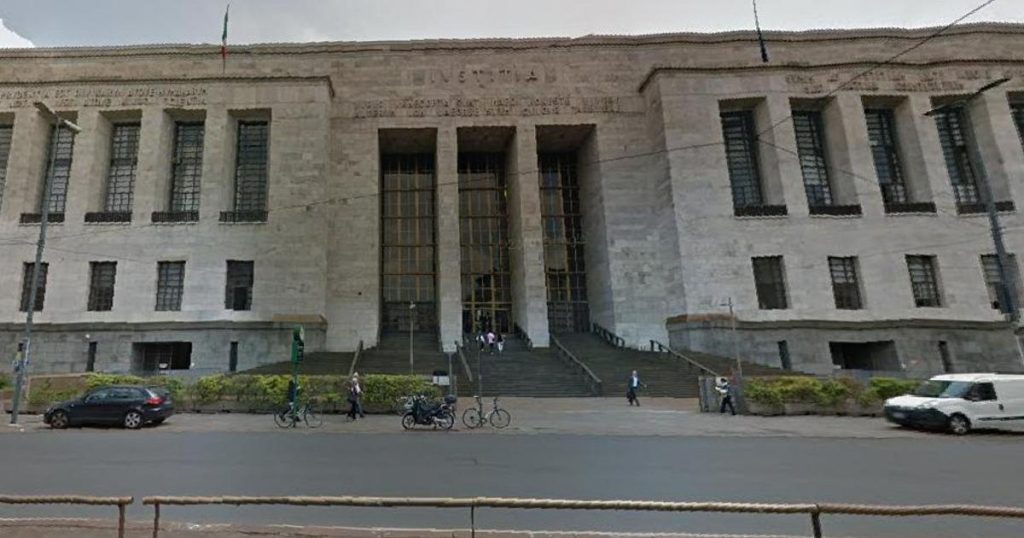Looking back at least thirty years, wondering if there has ever been a period in Italian politics without strong tensions between politics and the judiciary, the current phase seems no different and contradicts this hypothesis. The latest spark was the topic of migrants, with measures taken by the Meloni government to counter the positions taken by judges, particularly the Capital Tribunal, which led to the return to Italy of 12 migrants transferred to newly inaugurated centers in Albania. ongoing legal issues, most notably the Open Arms case, with the Palermo trial reaching its final stages and a request for detention for current deputy prime minister Matteo Salvini. The League leader still speaks of “growing tension between politics and the judiciary, fueled daily by ANM interventions,” asking the judiciary union to “tone down.”
Wednesday was the deadline for submitting amendments in the Constitutional Affairs Committee in the Chamber of Deputies: 262 have been received, mostly from the opposition. No amendments from Brothers of Italy and Forza Italia, while a couple come from the League, which seem to have little to do with the separation of careers and more to do with recent controversies related to the migrant center in Albania, as they ask for “a primacy of Italian law over European law.” The acceleration of the reform on the separation of careers is at the forefront, with several laws in the process of approval in both the Chamber of Deputies and the Senate to redefine the judiciary’s powers and prerogatives.
The most urgent and desired intervention, the law on the separation of careers in the judiciary, is set to change the Constitution, already approved by the Council of Ministers last May. The text, currently in the Justice Committee in the Chamber of Deputies, could now undergo an acceleration, as recently announced by the Minister for Relations with Parliament, Luca Ciriani. The law may then proceed to the Senate by summer, if the opposition allows. However, the timelines will follow those of constitutional revision laws, adopted by the Chamber of Deputies and the Senate with two subsequent deliberations, at least three months apart, and a final approval by an absolute majority of the members of each Chamber.
The bill on judicial organization and the establishment of the Disciplinary Court unfolds in eight articles and requires magistrates to choose between a judging or prosecuting career. The President of the Supreme Court, Margherita Cassano, highlighted the rarity of transitions between the two functions in a hearing before the Constitutional Affairs Committee in the Chamber of Deputies. Changes are also proposed for the Superior Council of the Judiciary, splitting it into a judging and prosecuting council, both chaired by the President, with a draw deciding the judicial component. Additionally, the High Disciplinary Court will address misconduct by magistrates, sparking criticism from the National Association of Magistrates.
Another law under discussion is the Zanettin bill on wiretapping, which includes measures limiting the duration of wiretaps and their publication, causing opposition to label it as a “gag” against journalists. Other measures being considered include the imposition of financial damages on those found guilty of unjust detention when the state is ordered to compensate the victim. There is also a debate on psychometric tests for magistrates and a bill to prevent the use of artificial intelligence in the writing of legal documents and judgments.


